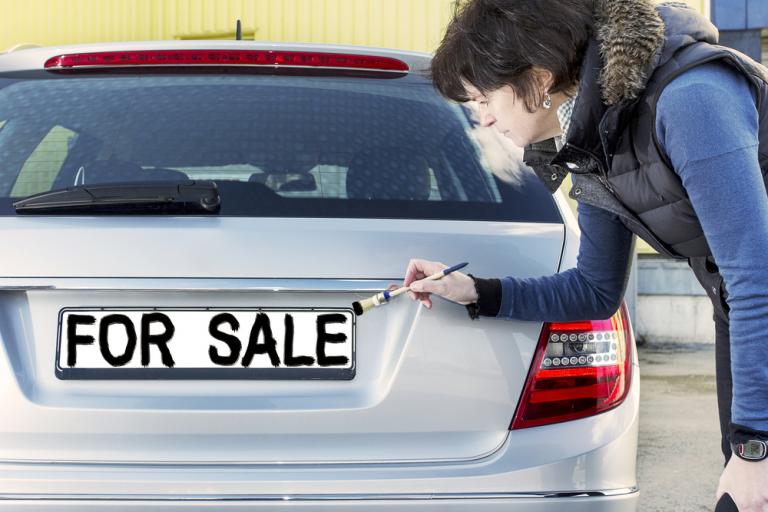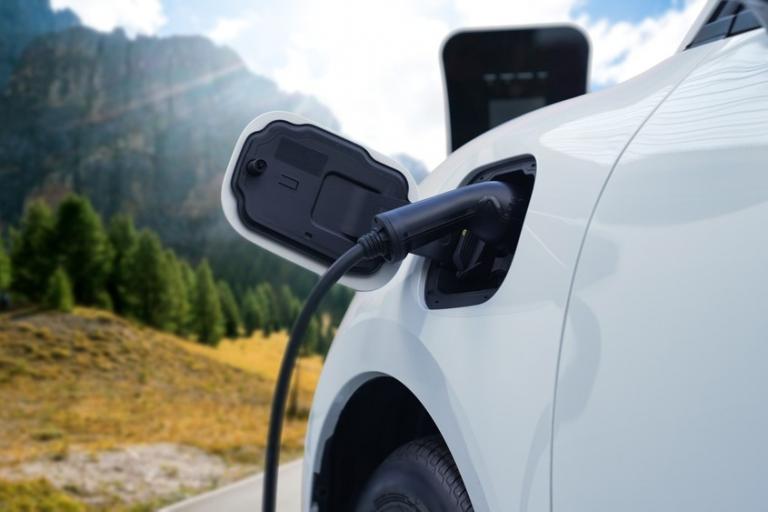Explainer: Everything you need to know about owning an electric car in Ireland
Published on 19 June, 2019
The practicalities of owning an electric car, from charging to what to buy, for how much and when
Overview
In several ways, the Climate Action Plan raises as many questions as solutions for motorists. That is only to be expected given the scope and timeframe.But it means people are unsure of practical elements such as how and where will they charge their electric vehicle. What is it all going to cost you? What can you buy now - or wait for?Here is an attempt to deal with some of those issues.ChargingThe ESB maintains around 1,100 public charging points on the island, including more than 300 in the North. They are on the street, in public transport car parks and other places and are free. Most give a standard charge - it can take hours to 'fill up'. However, there are increasing numbers of 'fast-charge' points. They will give you a big boost in 30 minutes. Both will ultimately incur payment.The European IONITY network will have six powerful chargers at key locations by the end of 2019.But more than 80pc of charging will be done at home. You get the charging unit set up and then apply for a €600 Government grant. It will not always cover the cost of the unit (typically €700-€800) while installation fees are extra. The plan lays down potential solutions for apartment dwellers but I'm not so sure it works in all circumstances. On-street parking is another difficulty; you can't have a flex straddling the footpath to your house.Costs and incentivesWhat is owning an EV going to cost you? A lot less to run than a petrol or diesel. But - and it's a big but - the Government will have to raise the money for the electric era due to the erosion of billions from excise duty on fossil fuels and lower VRT from cleaner vehicles (EVs).The Exchequer collected €2,433m in excise duty, €1.5bn in VRT and VAT receipts from car sales last year. Road tax came to €777.2m.While you may also avail of a proposed 'scrappage scheme' you will pay in the long run, in ways yet to be devised, costed or published. We will be paying for on-street public charging soon enough. VRT could be increased.Don't forget either that, right now, Government subsidises EVs to the tune of €10,000 (€5,000 VRT rebate, €5,000 SEAI grant) and allows zero BIK on company cars. How long can that go on? Current incentives expire in 2021. Yet without those major incentives, buying an EV will be out of the question for most.More than 20pc of new-car sales in 2021 will be EV it is forecast. Can the Exchequer afford to subsidise them all?How to buy?It's the same as buying an ordinary car.Most dealers sort out the rebates and grants and you pay the net price of the car after these sums have been deducted.What's on sale and what's on the way?Here's a quick run-through of many marques showing what you can buy now. As you'll see nearly everyone is getting in on the act, but most are 'next year' or beyond. Prices are after incentives have been included.Alfa Romeo's Tonale goes on sale next year. Audi has the large e-Tron (€90,000-plus) and a smaller one coming. BMW has the i3 (€50,000 approximately) on sale, an iX3 SUV sooner and i4 later.The DS3 Crossback gets an electric variant early next year. And Fiat has a 500EV for 2020. Late 2019, Ford will have a Mustang-inspired electric SUV (600km range). Honda's EV will be unveiled at Frankfurt in September.The Hyundai Kona (late €30,000s) has been highly popular here; a revised IONIQ is expected next month. Jaguar's large i-Pace SUV is on sale (€84,000-plus) as are the newly arrived Kia e-Niro and e-Soul - from €33,000. Mercedes's first electric car, the EQC, debuts later this year (from €80,000).There will be a Mini EV in 2020, while Nissan is adding a more powerful 62kw Leaf to the existing model (€30,000).Opel's new Corsa will have an electric version in March. Peugeot's 208 hatchback will have the option of an EV powertrain.Renault's revised Zoe is due by year's end while Seat's first EV, the El Born, is due by the end of next year. As is Skoda's first electric small EV. Tesla's Model 3 costs from €48,900. Models X and S are already here. The Volkswagen e-Golf is on sale for some time. Next year comes the electric Volkswagen ID.3 (€30,000).On the forecourtsWhat does EV driving mean for garage forecourts? Circle K, for one, says it is working to facilitate a smooth transition to EV usage. It claims it has the largest number of high-speed charge points through its partnership with ESB.
Latest Reviews

T.P. Waters Appointed Main Dealer for Fiat, Jeep and Fiat Professional

Top tips for selling your car

Electric Surge: EV Sales Spark Upturn in April Car Registrations